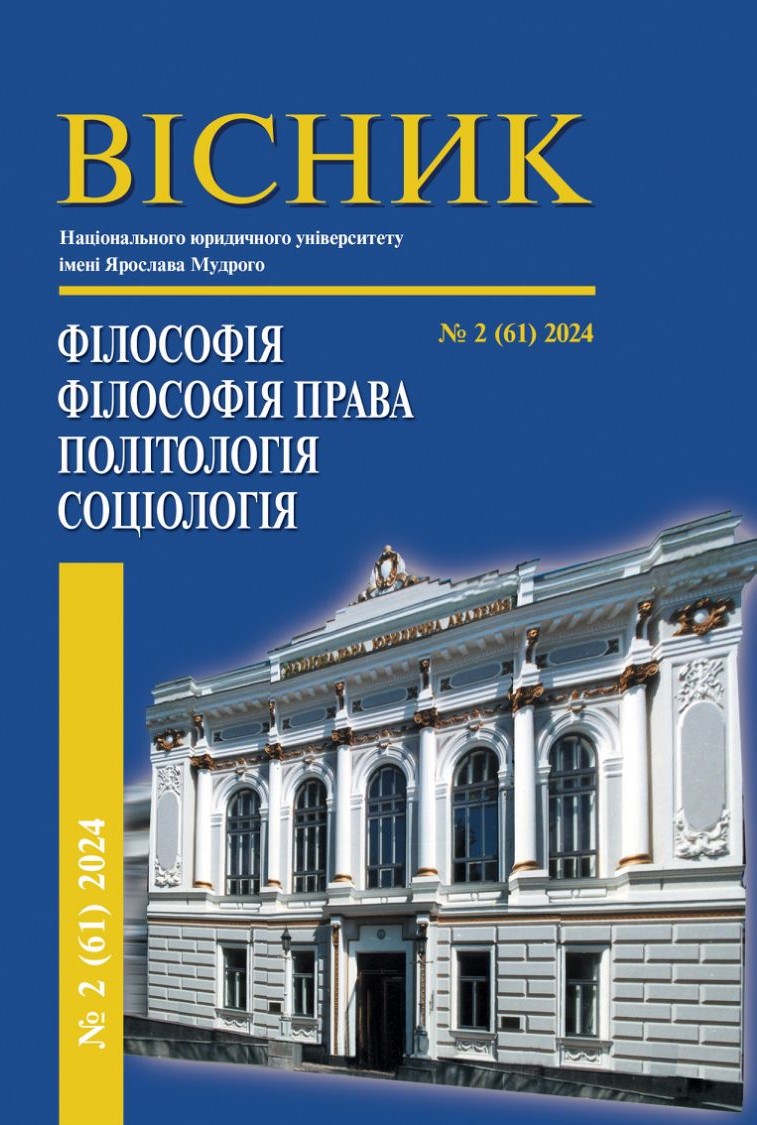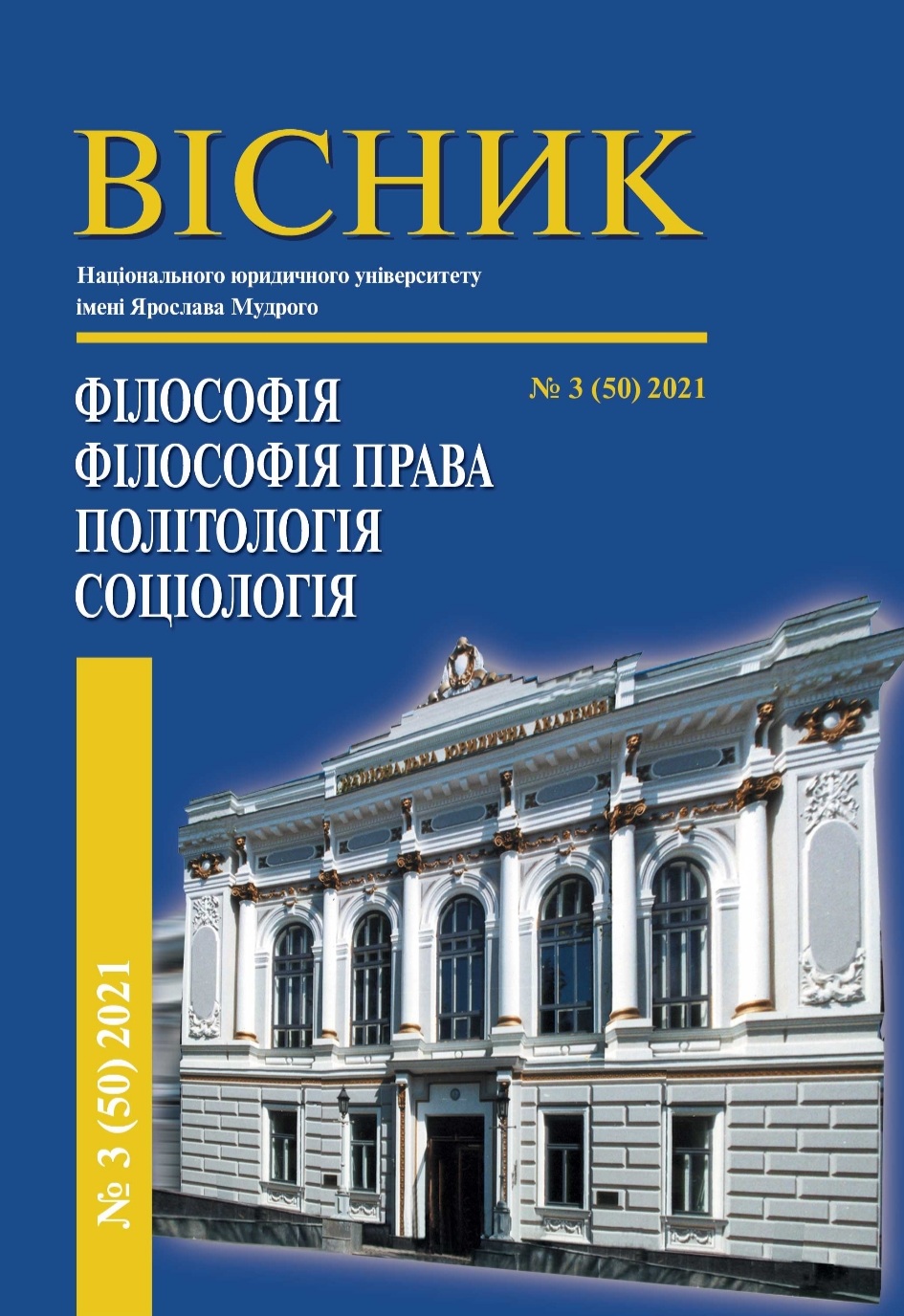ЛЮДИНА ЯК ОБ’ЄКТ КІБЕРЗЛОЧИННОСТІ
DOI:
https://doi.org/10.21564/2663-5704.61.304630Ключові слова:
кіберпростір, кіберзлочинність, булінг, кіберзалякування, технічний прогрес, психічна шкодаАнотація
Кожна сфера суспільного буття має дві сторони: позитивну та негативні. Не обійшло це і кіберпростір. Кіберзлочинність, як сфера кіберпростору, постійно зростає, змістовно та технологічно оновлюючись. Одним з напрямків кіберзлочинності, що швидко розвивається, є кібербулінг, метою якого є вплив на людську психіку. Таким чином, кіберзлочинці опановують нові способи впливу на людину. У свою чергу, це вимагає активізації наукових розробок в цій сфері.
Посилання
Grigorescu, A., Chitescu, R. (2018). Cyberspace – a challenge. 6th International Academic Conference on Strategica - Challenging the Status Quo in Management and Economics: proceedings 6th International Academic Conference on Strategica – Challenging the Status Quo in Management and Economics. Bucharest, 824–838.
Adamson, G. (2021). Cybersecurity as the protection of cyberspace. IEEE International Symposium on Technology and Society (ISTAS – 21) - Technological Stewardship and Responsible Innovation: proceedings IEEE International Symposium on Technology and Society (ISTAS – 21) –Technological Stewardship and Responsible Innovation. Ontario, 1–8.
Zhang, Z., Yin, R., Ning, H. (2022). Internet of Brain, Thought, Thinking, and Creation. Chinese journal of electronics, 31 (6), 1025–1042. URL:
https://www.researchgate.net/publication/369157811_Internet_of_Brain_Thought_Thinking_and_Creation.
Gálik, S. (2017). Influence of cyberspace on changes in contemporary education. Communication today, 8 (1), 30–38.
Mincewicz, W. (2023). Explication and Classification of Social Deviations on the Internet: Cyberdeviation as a New Social Phenomenon. Polish sociological review, 222, 231 – 247.
URL: https://polish-sociological-review.eu/pdf-168949-91811?filename=Explication%20and.pdf.
Pineda, F. (2020). Computer crime. Revista general de derecho procesal, 2020, 50, 202–212.
Vera, F., Guirao, J., Infantes, A. (2022). Security in cyberspace from a sociocultural perspective. Methaodos-revista de ciencias sociales, 10 (2), 243–258. URL: https://www.methaodos.org/revista-methaodos/index.php/methaodos/article/view/577/865.
Chen, S., Hao, M., Ding, F., Jiang, D., Dong, J., Zhang, S., Guo, Q., Gao, C. (2023). Exploring the global geography of cybercrime and its driving forces. Humanities & social sciences communications, 1 (1), 1–10. URL: https://www.nature.com/articles/s41599-023-01560-x.
Leukfeldt, E., Roks, R. (2021). Cybercrimes on the Streets of the Netherlands? An Exploration of the Intersection of Cybercrimes and Street Crimes. Deviant behavior, 42 (110), 1458–1469.
Dupont, B., Holt, T. (2022). The Human Factor of Cybercrime. Social science computer review, 4 (40), 860–864.
Kikerpill, K. (2021). The individual's role in cybercrime prevention: internal spheres of protection and our ability to safeguard them. Kybernetes, 50 (4), 1015–1026.
Chun, J., Lee, J., Kim, J., Lee, S. (2020). An international systematic review of cyberbullying measurements. Computers in human behavior, 113, 106485. URL: https://www.sciencedirect.com/science/article/abs/pii/S0747563220302375?via%3Dihub
Sheanoda, V., Bussey, K., Jones, T. (2024). Sexuality, gender and culturally diverse interpretations of cyberbullying. New Media & Society, 26 (1), 154–171.
Näsi, M., Danielsson, P., Kaakinen, M. (2023). Cybercrime Victimisation and Polyvictimisation in Finland-Prevalence and Risk Factors. European journal on criminal policy and research, 2 (2), 283–301.
Notté, R., Leukfeldt, E., Malsch, M. (2021). Double, triple or quadruple hits? Exploring the impact of cybercrime on victims in the Netherlands. International review of victimology, 27 (3), 272–294.
Pepler, D., Mishna, F., Doucet, J., Lameiro, M. (2021). Witnesses in Cyberbullying: Roles and Dilemmas. Children & schools, 43 (1), 45–53.




